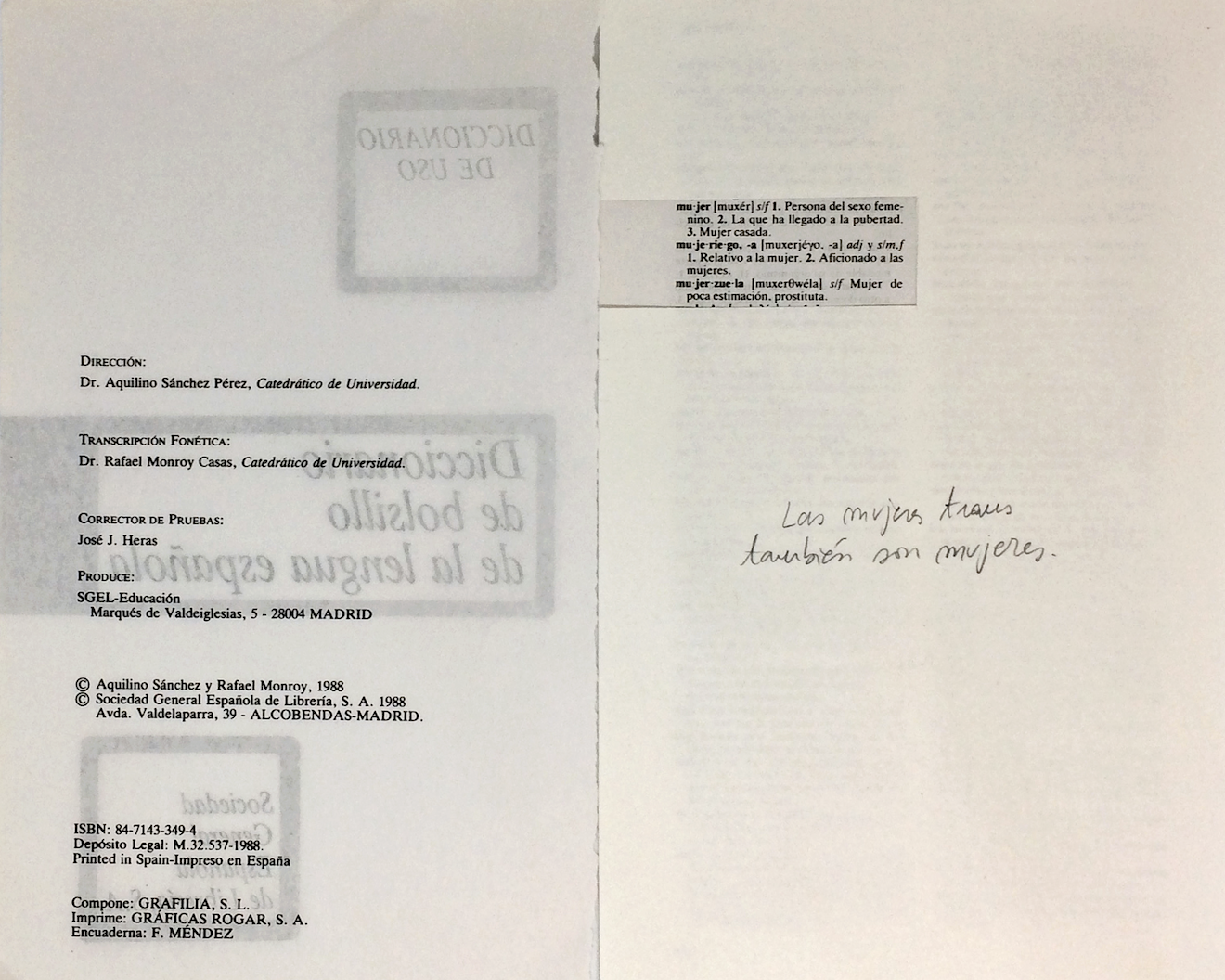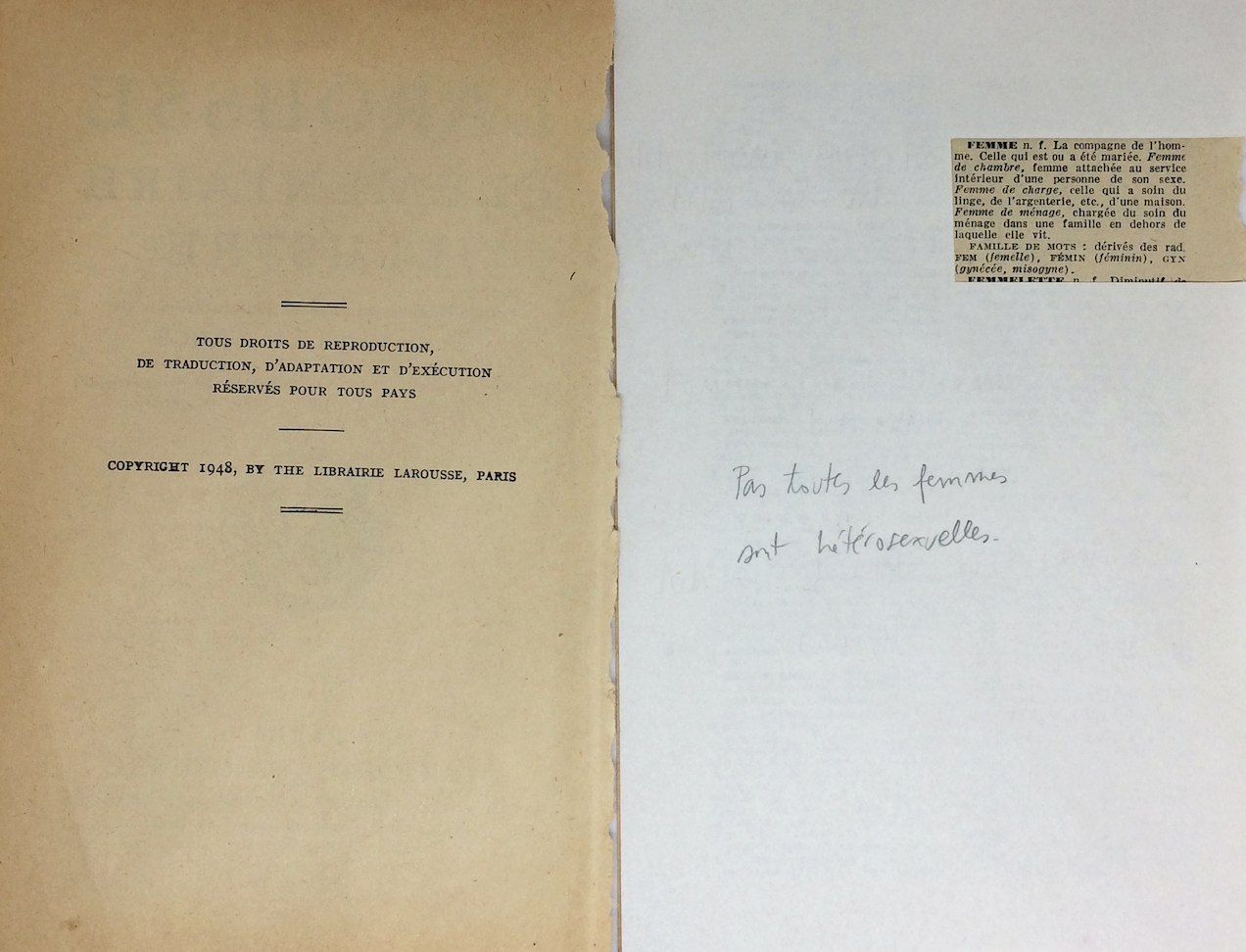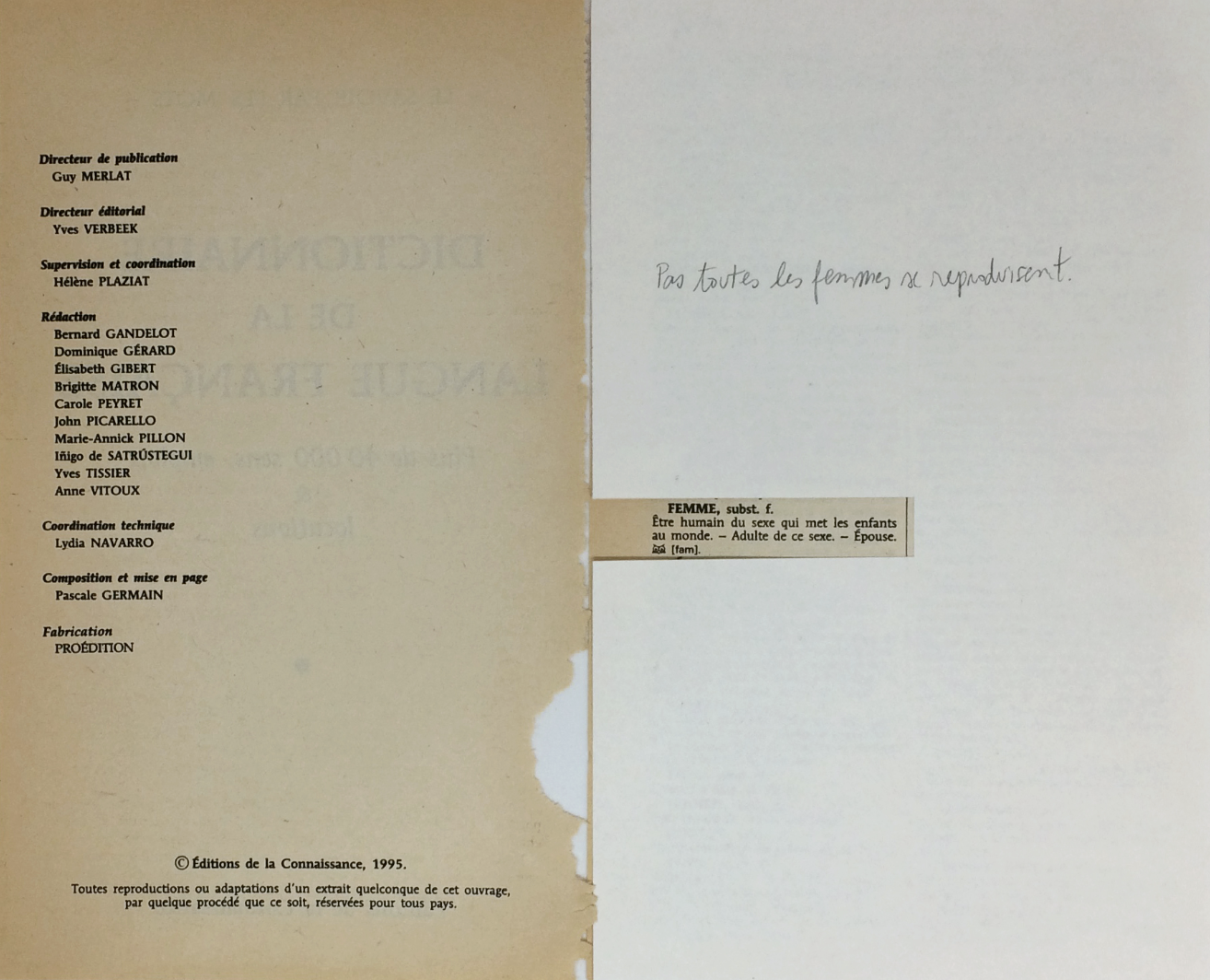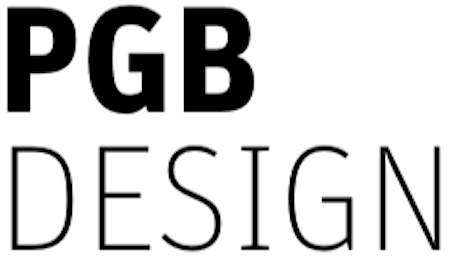The Power of Words
Redefining Words as a Means of Redefining the World - 2018
I have often wondered what it means to be a woman in society, and how that identity is represented in movies, advertising, literature, and language. I noticed that women are typically portrayed as weak, passive, eager to please, superficial, and naturally devoted to men and children. I have always felt that this portrayal is extremely limiting— as if there is only one way to embody womanhood, always in an oppressive relationship to men.
For a long time, I tried to convince myself that I was simply being paranoid or misinterpreting how women are perceived in society. I internalized the blame, attributing it to my own subjectivity. Whenever I watched a film and identified a misogynistic scene (which, frankly, happens in nearly every film), my first instinct was to doubt myself. My second was to secretly resent the director for being sexist.
Eventually, I stopped doubting myself and began to accept the reality: the film industry is overwhelmingly male-dominated, as is the advertising industry. These two industries bear significant responsibility for perpetuating misogynistic representations, which are then absorbed and replicated by the broader public.
The moment I read in the prestigious Spanish dictionary La Real Academia Española that women are defined as el sexo débil ("the weaker sex"), I realized I had to confront the fact that misogyny isn't just embedded in media—it’s embedded in language itself. If dictionaries, which are supposed to reflect and guide our understanding of words, define women in such degrading terms, then language—and by extension, society—is complicit.
This led me to question the very notion of objectivity, and how it shapes what we perceive as natural or normal. Who defines these norms? How are they reproduced? And how do they affect our everyday perceptions?
Most importantly, I began to ask: how can I fight back?
I turned to Google's dictionary and analyzed the definition of "man": its length, the number of examples, the choice of words, and their connotations. I then did the same for the word "woman." The difference was striking. The entry for "woman" was notably shorter, included fewer examples, and was filled with negative and offensive connotations.
After confronting this reality, I resolved to challenge this binary, reductive conception of humanity. I focused specifically on the problematic ways in which the word "woman" is defined. I began researching definitions of the term across various online dictionaries and in multiple languages.
For example, in Google's dictionary, the word "woman" is defined as follows:
woman
/ˈwʊmən/
noun
noun: woman; plural noun: women
an adult human female.
"a jury of seven women and five men"
synonyms: lady, girl, member of the fair/gentle sex, female; matron, dowager; lass, lassie; colleen; yorga; informal chick, girlie, filly, biddy; informal bird, bint, popsy; informal besom, wifie; informal dame, broad, gal, jane, sister; informal sheila; informal Judy; informal frail; humorous the female of the species; derogatory piece, bit, mare, baggage; offensive bitch; literary maid, maiden, damsel, demoiselle; archaic wench; archaic gentlewoman, petticoat
"a car drew up and two women got out"
. a female person associated with a particular place, activity, or occupation.
"one of his sophisticated London women"
. a peremptory form of address to a woman.
"don't be daft, woman!"
. a female worker or employee.
. a man's wife, girlfriend, or lover.
"he wondered whether Billy had his woman with him"
synonyms: girlfriend, girl, sweetheart, partner, significant other, inamorata, fiancée; wife, spouse, helpmate, helpmeet, consort; lover, mistress, paramour; informal bird, fancy woman, old lady, missus, missis, better half, other half, WAGs (wives and girlfriends), POSSLQ (person of the opposite sex sharing living quarters), queen; informal Dutch, her indoors, girlf; informal mot; informal squeeze, patootie; informal dona; informal bibi; rhyming slang trouble and strife; dated lady friend, lady love, young lady, lady, lady wife; archaic leman, doxy, concubine
"apparently he's found himself a new woman"
My Observations
1. The Confusion of Sex and Gender
Google’s definition conflates sex and gender. For example, female is defined as:
“Of or denoting the sex that can bear offspring or produce eggs, distinguished biologically by the production of gametes (ova) which can be fertilized by male gametes.”
This definition excludes women who have undergone hysterectomies, are menopausal, intersex, or trans. Conversely, it includes all individuals with functioning female reproductive systems, regardless of how they identify. Based on my research, sex is typically understood as biological and anatomical—it refers to reproductive capacity or potential. Bodies producing sperm are considered male; those producing eggs are considered female. This framework also includes morphological distinctions (e.g., genitalia or breasts) and genetic ones (e.g., XX vs. XY chromosomes), although numerous variations exist.
Gender, on the other hand, is cultural and social. It refers to behaviors, roles, and expectations learned through socialization. Gender identity and performance may or may not align with assigned sex. Gender identity is a personal, subjective sense of belonging to a gender category. Some people identify as trans, while others reject binary categories altogether. As theorist Paul B. Preciado writes in Manifiesto contrasexual (2002):
“Men and women are metonymic constructions of the heterosexual system of production and reproduction... The sex-gender system is a writing system. The body is a socially constructed text... certain codes are naturalized, others remain elliptical, and others are systematically eliminated or crossed out.”
2. Offensive and Objectifying Synonyms
Many of the synonyms in the definition are outdated, sexist, or demeaning—e.g., member of the fair sex, piece, baggage, bitch. Terms like maid and prostitute are not inherently offensive, but their inclusion as synonyms for “woman” is problematic. Domestic work and sex work are professions, not identities. As long as “woman” is equated with these roles, women in these professions remain marginalized and stigmatized.
3. Heterocentric and Patriarchal Bias
The definition focuses almost exclusively on heterosexual relationships and a woman’s role in relation to men: "a man's wife, girlfriend, or lover"; "one of his sophisticated London women." This perspective reduces women to objects of male desire or possession.
Notably, a problematic sentence—“a female who is paid to clean someone’s house”—was quietly removed from Google's dictionary. While this may indicate that public feedback has an impact, deleting problematic content is not a solution. What’s needed is a shift in awareness and the recognition that dictionaries reflect conservative and patriarchal norms.
Historical Context
The issues I’ve identified are not unique to one dictionary or era. Across countries and decades, dictionary definitions of “woman” display consistent patterns of misogyny. A few examples:
Larousse de Poche (France, 1954):
Femme: Compagne de l’homme. Celle qui est ou qui a été mariée. (Woman: Companion of the man. She who is or has been married.)
Longman’s Dictionary (UK, 1965):
Woman – human female; to play the woman = show weakness.
Real Academia Española (Spain, 2018): Refers to mujer
(woman) as a prostitute in four separate examples, including:mujer de la calle, mujer del partido, mujer mundana, and mujer pública—all defined as “prostitute.” It also defines sexo débil (“weaker sex”) as “the group of women.”
The Power and Politics of Dictionaries
Dictionaries hold immense authority. Most users never question their neutrality. For example, Oxford Dictionaries are the default reference in Apple and Google apps. Every time we consult a dictionary to “prove” a definition, we reinforce its authority. If a dictionary claims that women are the “weaker sex,” that belief is given an air of objectivity and truth.
However, dictionaries are not neutral. They are written, edited, and curated by people—people who are influenced by societal beliefs and norms. The examples and definitions they choose reflect what they deem “normal,” thus reinforcing the boundaries of what society considers acceptable or real.
My Artistic Response
In response to these findings, I began compiling definitions of the word "woman" from various printed and online dictionaries, across languages and historical periods. My goal is to analyze and compare how definitions evolve—and how they remain entrenched in binary, heteronormative, and misogynistic assumptions.
To raise awareness, I created an art book using pages torn from printed dictionaries. I include the copyright page for each entry to provide context—country, year, and source. I cover each page with a thin layer of translucent white paper, leaving only the definition of "woman" visible. My handwritten annotations, in black graphite pencil, surround each definition with critical reflections.
I deliberately avoid rewriting the definition of "woman", because I believe that humans should not be defined—especially not by others. I chose graphite because it is both precise and erasable: like language itself, it can be transformed.
My hope is that by opening this conversation and shedding light on the invisible forces shaping language, this will no longer be a problem for future generations.
Parsons School, Master degree in Design and Technology. Art installation. Paris, 2018. Social Design Project. Rethinking the word "woman" definition on the dictionaries.





